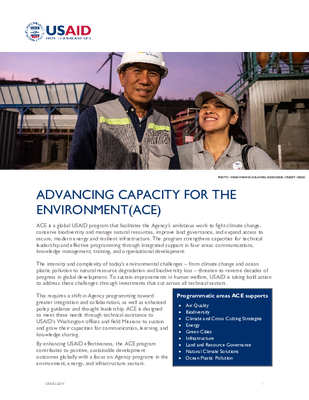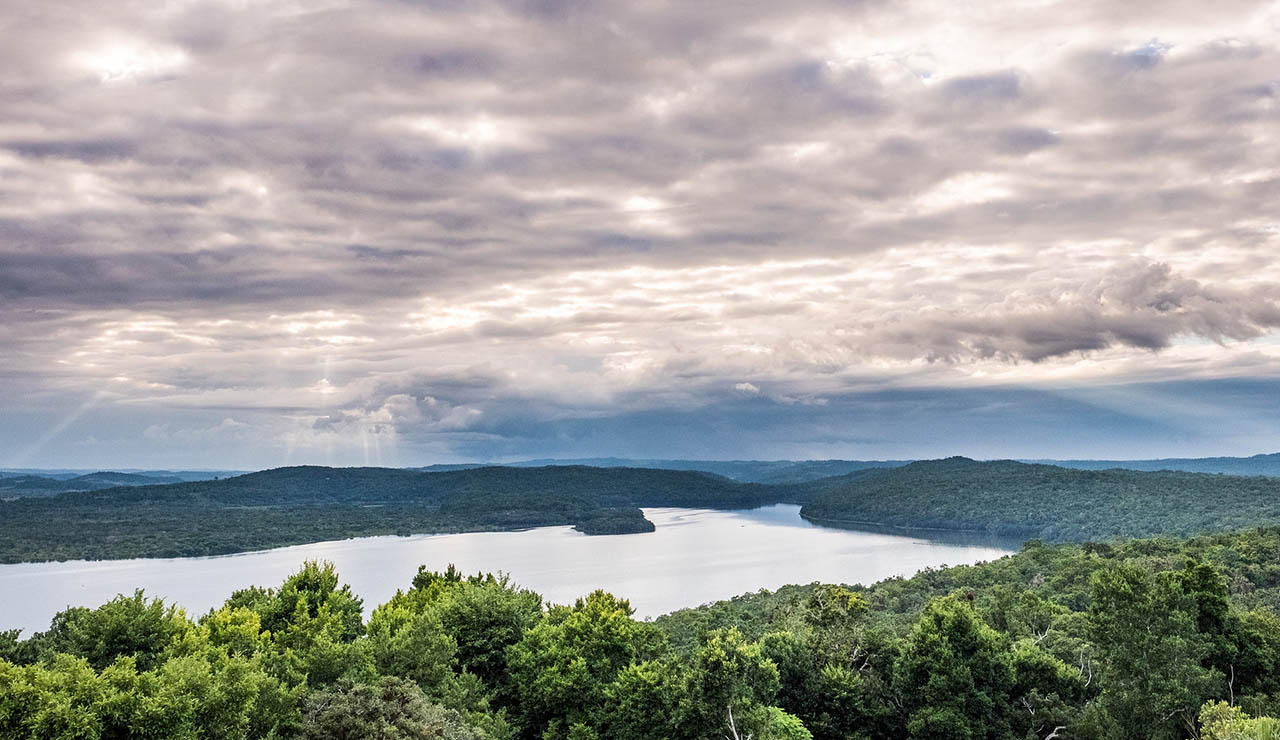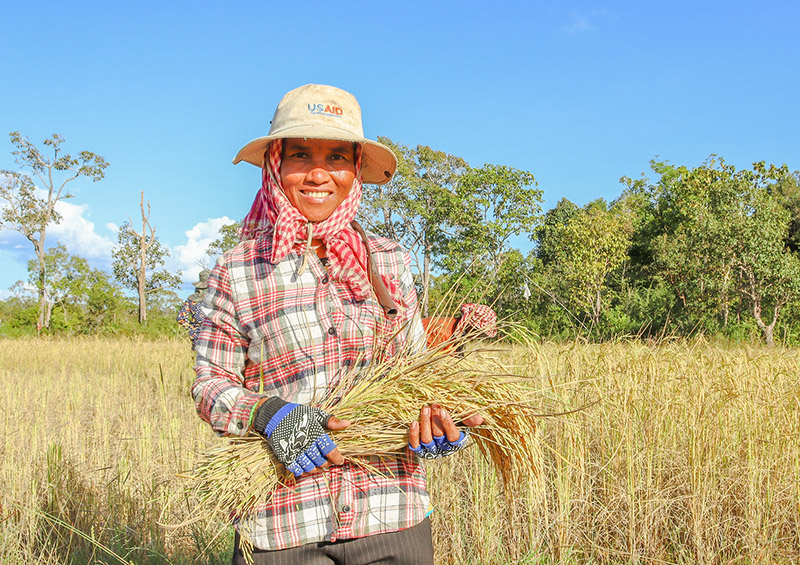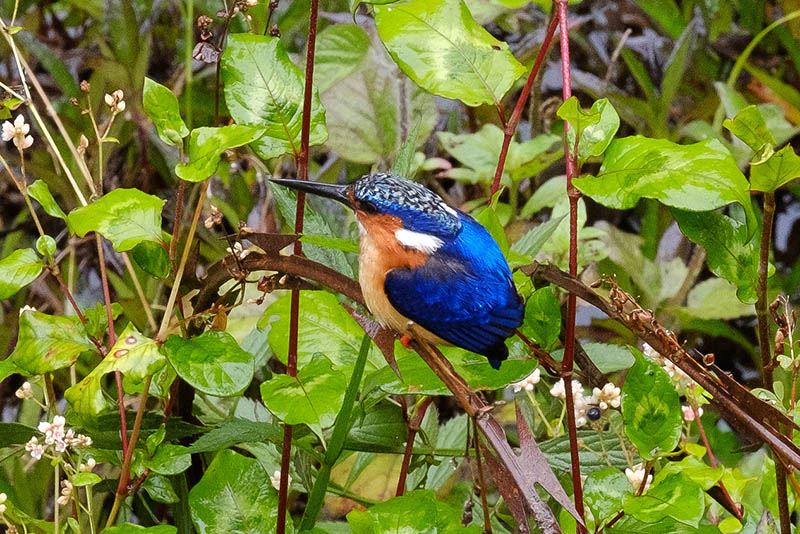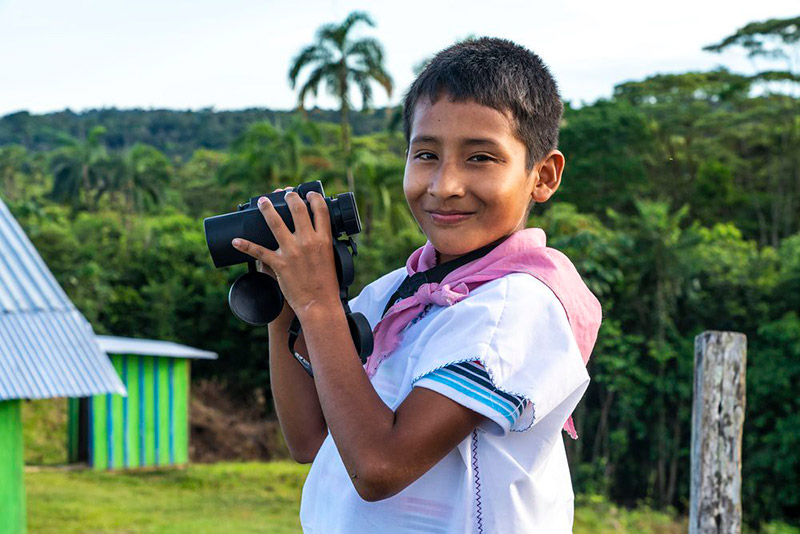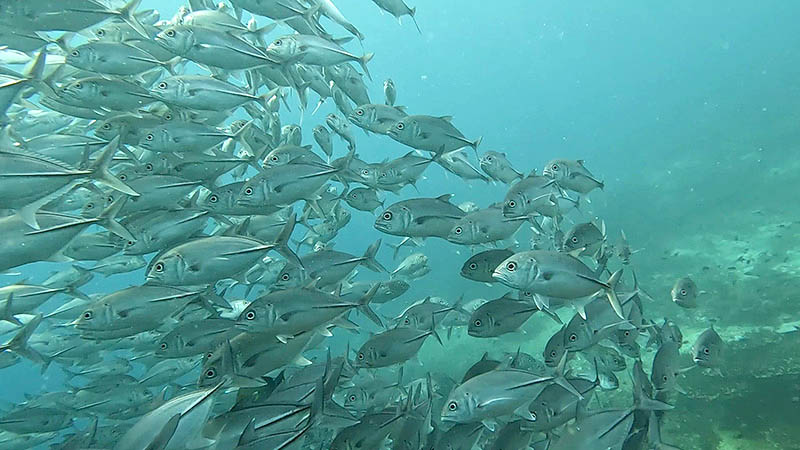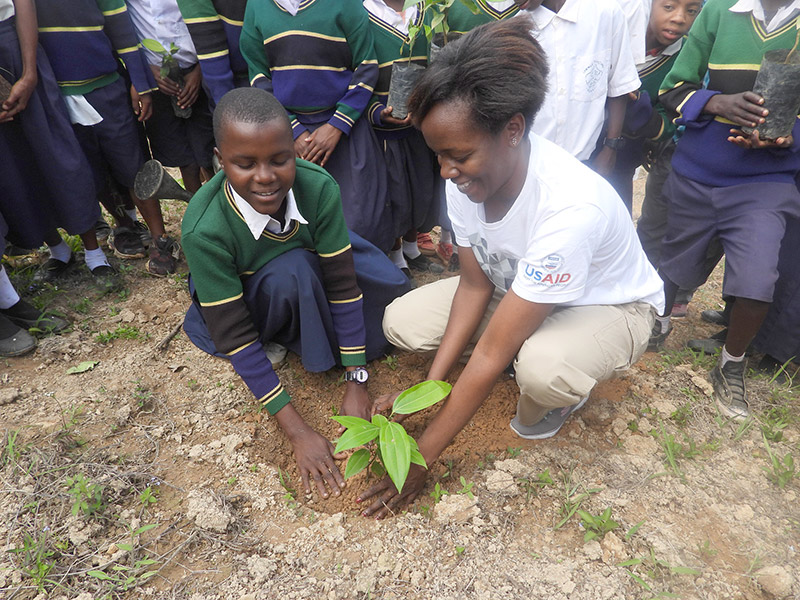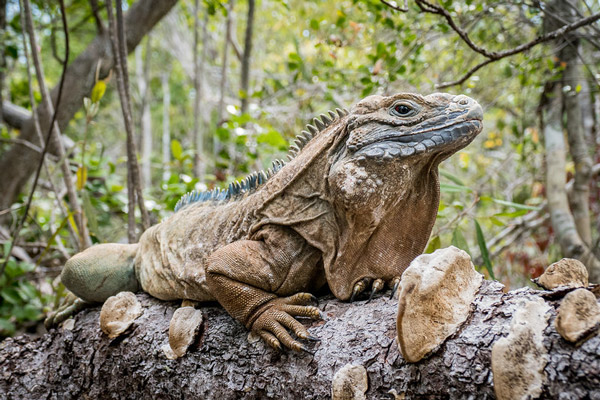
new information and knowledge by drawing on the growing evidence base for more effective, equitable environmental and climate change programming.
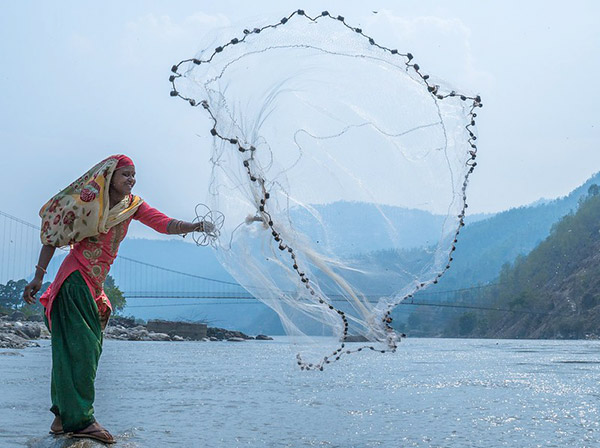
this information in user-friendly ways—through the USAID Links websites, communities of practice, and lessons from USAID’s programs to ensure that this evidence can inform future work.
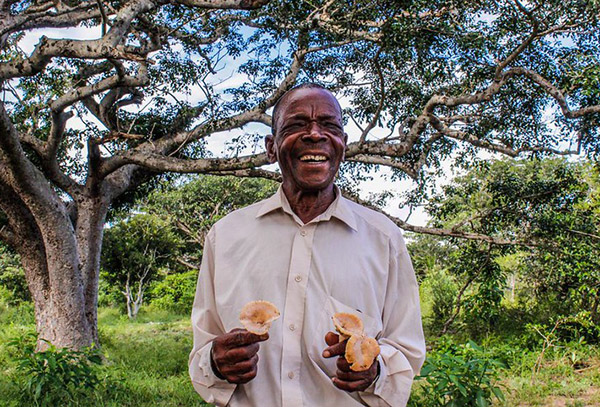
best practices in environmental programming through innovative communications that reach global audiences to improve development outcomes.
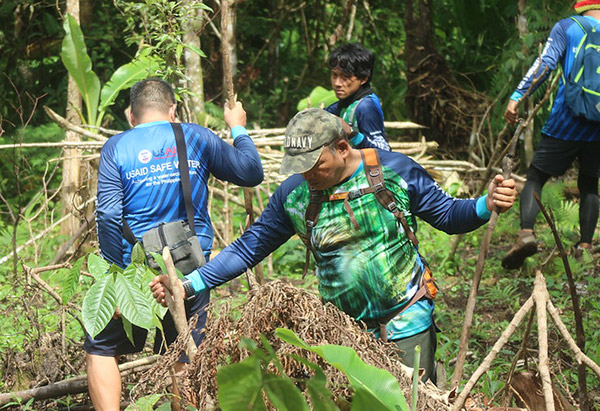
knowledge through state-of-the-art training, facilitation, and organizational development to help USAID staff and partners build the skills to become agents for integrated climate and environment action.
